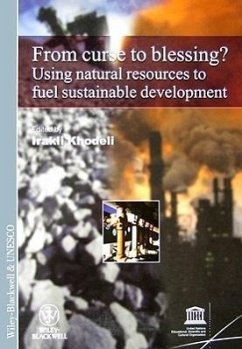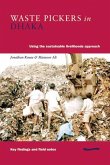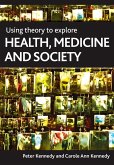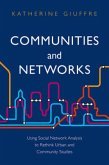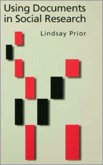How can revenues derived from natural resource exploitation be translated into real benefits for the citizens of resource-rich countries? This is an urgent question. Despite unprecedentedly high prices of natural resources such as oil and gas on the global market, resource-rich countries are home to over 60% of the world's poorest people. Twelve of the world's 25 most mineral-dependent states, and six of the world's 25 most oil-dependent states, are classified by the World Bank as "highly indebted poor countries", with some of the world's worst Human Development Indicators. This counterintuitive phenomenon is known as the "resource curse". Mineral wealth, it seems, sometimes impoverishes countries. This presents a major obstacle for the international community in the fight against poverty and in the achievement of the Millennium Development Goals. By refining the insights into the relationship between natural resources and sustainable development, the authors in this volume contribute to the ongoing debate on ways to lift the curse, and suggest policy interventions to break the vicious circle. The articles, which derive from a wide range of academic disciplines such as political science, international relations, developmental economics, as well as from the practitioners in the field of energy, cover a broad range of topics, and employ different methods of inquiry. Some take an empirical approach and use cross-country comparisons to test various hypotheses on the relationship between natural wealth and growth, while others focus on particular countries, such as Azerbaijan, Democratic Republic of Congo, Nigeria and the Russian Federation. All converge on one point - that domestic institutions make a significant difference. With good governance, the exploitation of resources can generate revenues that will foster growth and reduce poverty.

